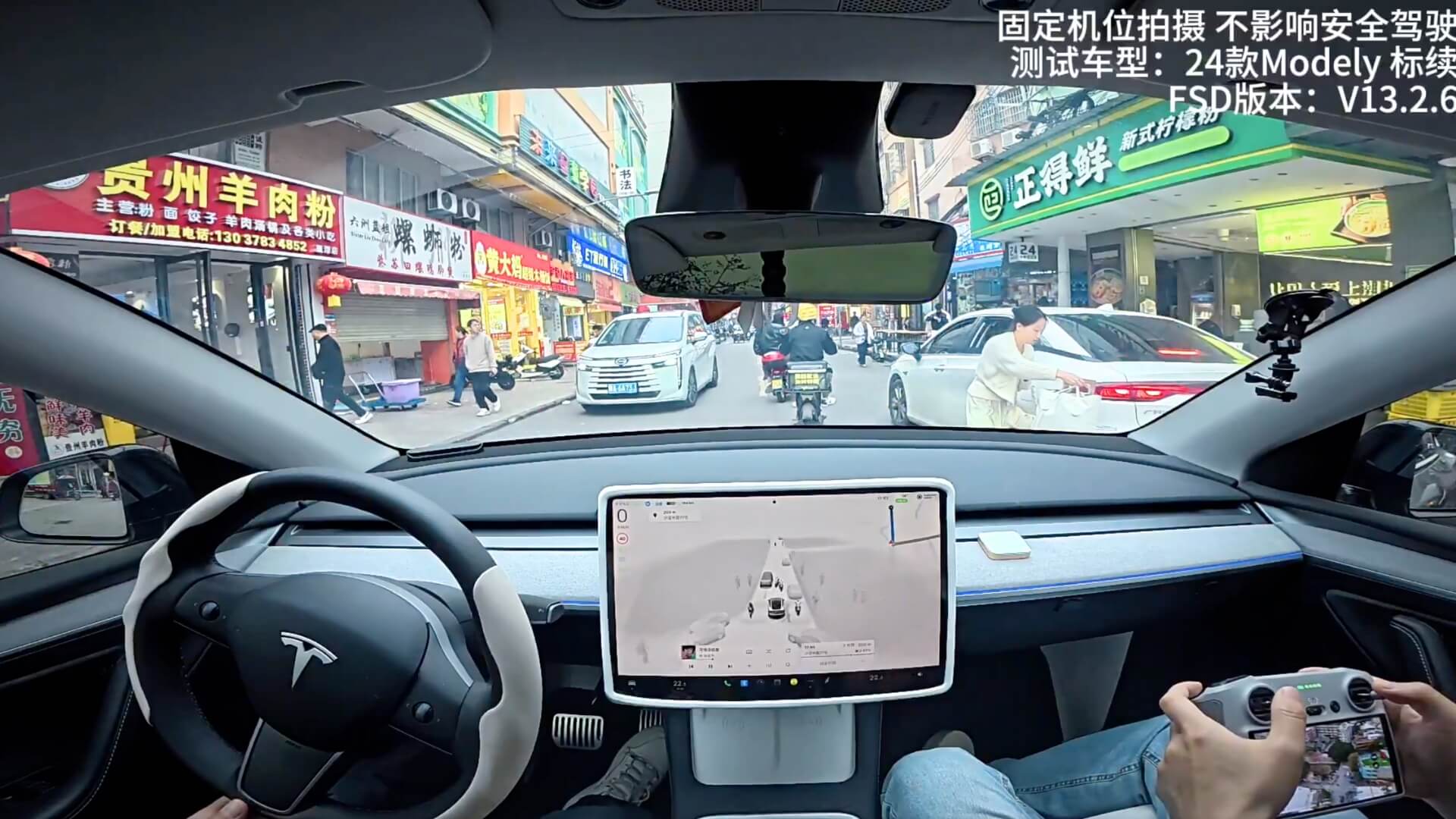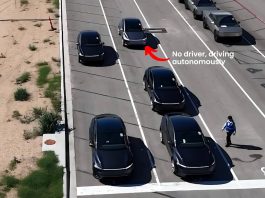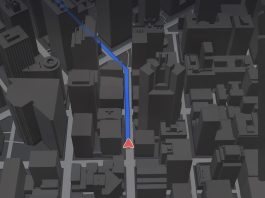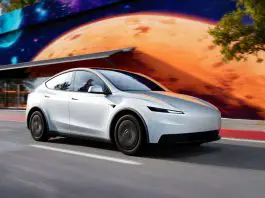Tesla’s Full Self-Driving (FSD) system appears to be capturing the attention of customers in China as well, with early adopters reporting a very positive experience, particularly in terms of safety and power. A user who extended the use of FSD to more than two months of his life has recently provided insights that can capture attention among EV enthusiasts and developers of autonomous autos.
In most prominence, the user emphasized that during use, none of the safety interventions were required, which is a notable aspect in a practical scenario.

A Human-Like and Cautious Driving Experience
The owner of the vehicle, whose account was padded by electric vehicle influencer @ray4tesla, hailed Tesla FSD because it could provide such a humanized driving experience. The system, according to their observations, is adaptable to variations in the types of roadways and traffic situations. It is slow on small roads and picks up speed on major roads. It is too safe, or rather too polite, when pedestrians or electric scooters are numerous, the user said.
FSD was rolled out in China on February 25, 2025. There has been no public update since then. I just watched a video comparing FSD to Huawei ADS. Even with reduced capabilities, training limitations and constrained by regulatory oversight, FSD is better than ADS in a number of… pic.twitter.com/FOBAl7Rpjr
— Ray (@ray4tesla) July 2, 2025
Although such a warning may frustrate some people, it was taken as positive. The driver also appreciated that FSD was intelligent in its handling when encountering complex conditions and did not take unnecessary risks, instead prioritizing safety. Such carelessness would seem to be a valid benefit in urban Chinese traffic, which is usually unpredictable and chaotic.
Zero Safety Interventions Over Two Months
The most notable section of the statement of the driver was perhaps his/her claim that the driver had not had to interfere even a single time with the FSD engaged. A safety intervention, in the context of autonomous driving, indicates the situations when an individual needs to act to prevent an error or a danger. It is not so insignificant to avoid such incidents during weeks of use, and even when in cities, rural roads, and construction areas.
The driver told me: I have never experienced a single safety intervention with FSD in the two months that I have been using it. This fact is even greater when taking into consideration that Chinese FSD users tend to push the technology to its outer boundaries, testing it on small alleyways and steep paths of mountains, in the streets of big cities where they are congested together, as well as trying it in forests with poor visibility of the road.
Huawei ADS Struggles in Comparison
In comparison, the same driver also expressed an experience of a test ride with Huawei ADS (Autonomous Driving System) mounted in the Aito M9 SUV. The event turned out to be quite different and not in a good way. According to the driver, the system developed by Huawei was erratic and provided occasional chills.
Then I spent one and a half hours using the M9 (Huawei ADS). Sometimes it slowed when it wanted to go faster, and on a steep, narrow highway, it gained top speed at a moment when it was not desired to do so. In short, it was a very fine thing indeed, they declared. They further criticized the jerky jerk of the system in accelerating and, on turning off, explained that it was robotic and not smooth like FSD offered by Tesla.
What was even more alarming were the safety interventions mentioned: four within half an hour, while driving through construction-heavy streets. Know what a so-called safety intervention is? That means 4 brushes with death, as pointed out by the driver.
As much as Tesla does not seem to be updating the FSD in China with major versions since its commercial release in February 2025, first impressions indicate that the technology is performing well at the jump. The fact that end Chinese users, who are notorious in their tendency to randomly and severely stress-test new technology, report it performing reliably and human-like with no safety takeovers whatsoever, says everything.
Such early feedback might be important in developing Tesla’s autonomous dreams in China, which is one of the largest and most complex markets to operate an autonomous car. With Chinese automakers such as Huawei and Xpeng still at the stage of improving their automation, their superiority in this real-life safety and comfort may be an advantage.



